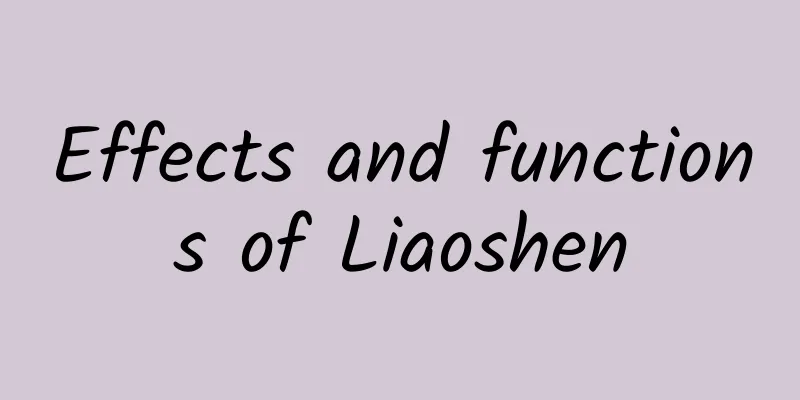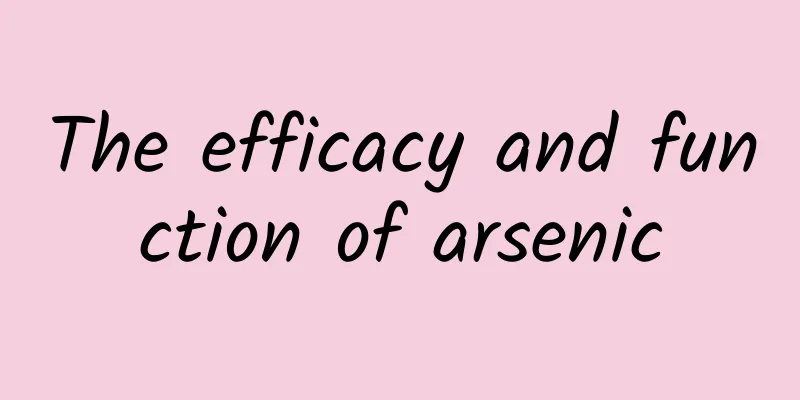Effects and functions of Liaoshen

|
The difference between sea cucumber and Liao cucumber: In fact, sea cucumber is a general term, which includes Liao cucumber. Liao cucumber is only a kind of sea cucumber, but Liao cucumber is also the one with the best quality. Sea cucumbers and Liao cucumbers have certain effects. Generally, taking them appropriately can prolong life, relieve fatigue, prevent skin aging, and beautify the skin. Liao ginseng is warm in nature and sweet in taste. It has the effects of invigorating qi, strengthening the spleen, stomach and lungs, preventing cancer, lowering blood pressure, resisting hypoxia, and delaying aging. It can also enhance human immunity, increase the specificity of superoxide dismutase, and improve the ability to scavenge oxygen free radicals. It has the effects of regulating gastrointestinal motility, anti-ulcer, inhibiting gastric acid metabolism, and reducing the specificity of pepsin. It is suitable for symptoms such as weak spleen and lungs, chest tightness, shortness of breath, palpitations, poor appetite and loose stools, ulcers, anemia, weak asthma and cough, and quenching thirst due to internal heat. The ingredients contained in Liao ginseng have a stimulating effect on the central nervous system, can enhance the body's resistance, and can increase the concentration of blood cells and hemoglobin; the zinc it contains can promote development and improve sexual function. Medicinal value 1. It is used for qi and blood deficiency caused by sinking of middle qi, poor appetite and loose stools. Can replenish qi. It is often used in combination with Radix Scutellariae and Radix Scutellariae. 2. Used for cough, shortness of breath, weak voice, etc. caused by lung qi deficiency. Can nourish lung qi deficiency. It can be used in combination with Scutellaria baicalensis and Schisandra chinensis. 3. It is used for chest tightness, shortness of breath and dry mouth caused by damage to both Qi and body fluid, and sallow complexion, dizziness and palpitations caused by deficiency of both Qi and blood. It has the effects of invigorating qi, nourishing yin, body fluid, and invigorating qi, nourishing yin, and blood. They can be used together with thirst-quenching drugs such as Ophiopogon japonicus and Schisandra chinensis, or blood-tonifying drugs such as Chuanxiong and Rehmannia glutinosa. In addition, for symptoms of Qi deficiency, exogenous wind-cold, and deficiency of the body and excess of evil, you can also prescribe antipyretic drugs or internal attacking drugs according to the symptoms to strengthen the body and eliminate the evil. It is used together with perilla leaves and ginger slices to nourish blood, replenish deficiency, and eliminate evil, such as the Shensu Drink in "Ju Fang". In the treatment of qi and blood deficiency and heat accumulation in the interior, it can be used together with chuanxiong, coptis chinensis, and mirabilite to achieve both attacking and tonifying effects, such as Huanglong Decoction in "Six Books on Febrile Diseases". |
>>: Steps for soaking Lingzhi in water
Recommend
What does Angelica sinensis conflict with?
Angelica sinensis is considered to be a tradition...
5 most common breakfast combinations, not recommended for everyday use! (with recommendations from nutrition experts)
It's so hard to have a good breakfast! I was ...
Snakes in the Year of the Snake | This snake likes to pretend to be a "cobra", but has been a pet for humans for a hundred years
This year is the Year of the Snake, and the Year ...
Launch is coming soon! The Perseverance spacecraft will start a fully automated green space exploration journey
Your browser does not support the video tag Autho...
How to avoid being eaten by female insects? Male insects have their own tricks
Insects are the most numerous type of animals in ...
The efficacy and function of Litsea cubeba
Litsea cubeba is a common Chinese medicine in cli...
Good news: Typhoon Makar is gone! Bad news: It’s coming again…
In the past two days, the super typhoon "Mak...
Not the Onion, but bumblebees are really becoming a fish in California!
Starting from May 31 this year, four species of b...
Navigation satellites: a compass in space
Since ancient times, how to find the direction ha...
Humans see the world with their eyes, but fish can "see the world" with their skin?
Produced by: Science Popularization China Author:...
The efficacy and function of redwood
As we all know, rosewood seeds are a very common ...
Why does the peony become the "national flower" by surpassing the peony?
Although there is no final conclusion, if asked w...
Is gas more violent than a tiger? Good news for coal miners! This mine guard has a new way to conquer it
Coal accounts for 73% of my country's energy ...
The train to Shangri-La is coming! The Lixiang section of the Yunnan-Tibet Railway is about to open. What are the "check-in points" along the way?
It is reported that the Lijiang-Xiangjiang sectio...
Was the Kongming lantern in the Lantern Festival custom really invented by Kongming?
"Mom, look! These lanterns can float up to t...









